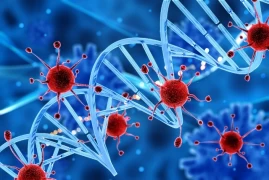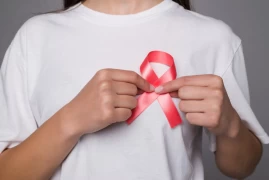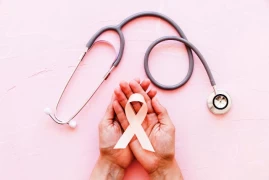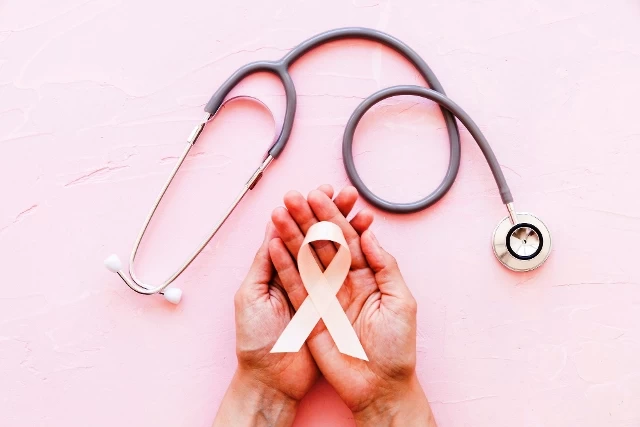
You Should Be Afraid of Being Late, Not Cancer
- You Should Be Afraid of Being Late, Not Cancer
- Where Was Cancer First Observed?
- What is Cancer?
- What Factors Increase the Risk of Cancer?
- Which are the Most Common Types of Cancer?
- Do Geographical and Racial Factors Influence Cancer Types?
- What Are the Symptoms of Cancer?
- What Are the Risk Factors for Developing Cancer?
- Is Cancer Entirely a Genetic Disease?
- How is Cancer Diagnosed?
- What is the Importance of Cancer Screening, and How is it Done?
Galen, one of the most famous and recognized physicians of ancient Rome (A.D. 130-206), used the Greek word "oncos," meaning "swelling," to describe tumors.
Where Was Cancer First Observed?
The earliest known description of cancer, although not using the word "cancer," dates back to ancient Egypt around 3000 B.C. In the Edwin Smith Papyrus, which is considered a treatise on trauma surgery, there are eight cases of tumors and chest wounds being treated using an instrument called the 'fire drill'.
What is Cancer?
Cancer occurs when cells in the body multiply uncontrollably. Despite about 10,000 cell mutations occurring in our DNA daily, our immune system continuously scans our body every millisecond and detects and destroys cancerous cells.
Our immune system plays a crucial role in recognizing and eliminating abnormalities. Nevertheless, the main reasons behind cancer development include the breakdown of defense mechanisms and deficiencies in the immune system.
What Factors Increase the Risk of Cancer?
- External Factors (85%): Smoking, alcohol consumption, exposure to radiation and chemicals, certain types of infections, unhealthy and excessive eating habits, air pollution, sedentary lifestyle, and obesity.
- Internal Factors (15%): Genetic factors, genetic alterations, immune deficiencies, hormonal and metabolic disorders.
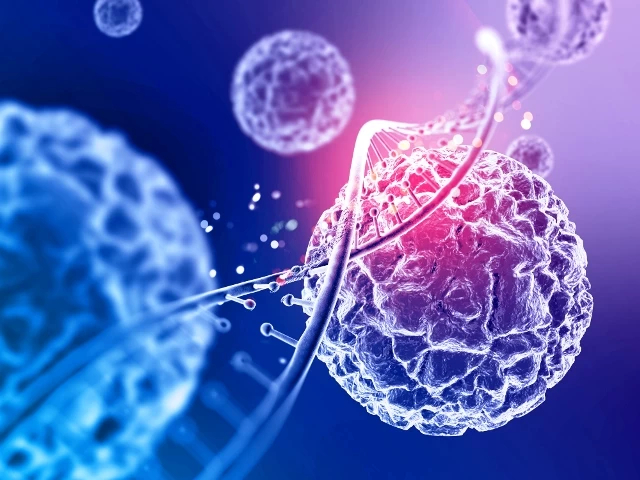
Which are the Most Common Types of Cancer?
According to data from the Ministry of Health, the most common types of cancer are:
- Skin cancer,
- Breast cancer,
- Lung cancer,
- Prostate cancer,
- Stomach cancer,
- Colon (large intestine) cancer,
- Cervical (cervix) cancer,
- Lymph node tumors.
Cancer types may vary between men and women.
Do Geographical and Racial Factors Influence Cancer Types?
Cancer types show variations based on geographical regions and race. Skin cancer is the most common type in both men and women. In Turkey, the most common cancers in men are lung, prostate, colon, rectum, stomach, and pancreas cancers, while in women, they are breast, lung, colon, rectum, cervical, ovarian, stomach, and pancreas cancers.
What Are the Symptoms of Cancer?
Cancer can manifest itself with different symptoms in each body. The main symptoms that may indicate cancer are as follows:
- Unexplained weight loss
- High fever
- Severe pains
- Fatigue
- Blood in urine or stool
- Firm and immobile lumps felt in various parts of the body
- Persistent cough
- Unexpected vaginal bleeding
- Changes in moles and warts
These symptoms may indicate the possibility of cancer, but it is essential to seek support from a healthcare professional for an accurate diagnosis.
What Are the Risk Factors for Developing Cancer?
Cancer is caused by DNA damage in cells. The main factors leading to this damage are as follows:
- Smoking
- Excessive alcohol consumption
- Excessive sun exposure
- Obesity
- Sedentary lifestyle
- Unprotected sexual intercourse
- Family history of cancer
- Exposure to chemicals and radiation
- Unhealthy eating habits
- Certain viruses
- Air pollution
These factors may increase the susceptibility to cancer, so adopting a healthy lifestyle and avoiding risk factors is crucial.
Is Cancer Entirely a Genetic Disease?
According to research, only 5% to 10% of cancer cases are of genetic origin. It should not be forgotten that the most critical factors causing cancer are life conditions. The absence of cancer cases in family history may reduce the potential risk, but it does not imply that the risk is zero. Therefore, we should not postpone taking care of our health and should always be vigilant about it.
How is Cancer Diagnosed?
To diagnose cancer, the following differential tests are used:
- Blood tests
- Urine tests
- X-ray
- Ultrasound
- Computerized Tomography (CT)
- Magnetic Resonance Imaging (MRI)
- Positron Emission Tomography (PET)
Moreover, certain tumor markers can be examined in the blood, and their levels are crucial. The next step is a biopsy and pathological examination.
What is the Importance of Cancer Screening, and How is it Done?
Cancer screening is recommended for individuals who are at risk but do not show any cancer symptoms. It is essential for individuals with a family history of breast cancer to undergo mammography and ultrasound. Those at risk for prostate cancer can have their PSA levels checked. In women, yearly gynecological examinations and Pap smears can provide significant advantages in the early detection of cancer.
You Should Fear Not Cancer, but Being Late…
Find cancer before it finds you...


